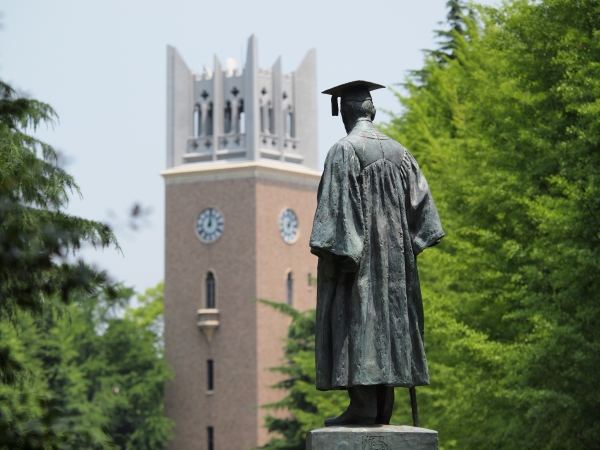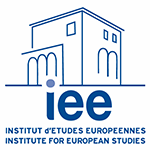In the same section
-
Masters and Advanced masters in European Studies
- Advanced Master in EU Interdisciplinary Studies
- Advanced Master in European Law
- Master in European Studies - EU policy track
- Master in European Studies - EU-Asia track
- Master in European Studies - EUROSUD track
- Master in Economics – Business Economics
- Master in Economics - Economic Governance and Public Policy in Europe
- Summer Schools and Conference cycles
- Innovative teaching activities at the IEE-ULB
- PhD
- Institut d'Études européennes
- Homepage
- Learning
- Masters and Advanced masters in European Studies
- Master in European Studies - EU-Asia track
-
Share this page
Master's in European Studies - EU-Asia specialisation
The Master's in European Studies is a two-year (120 credits) programme of excellence focusing on the European Union.
The programme aims to provide students with a solid understanding of European integration and to develop their critical thinking skills with regard to European issues. It also enables students to interact with European affairs practitioners and to begin their integration into the professional world.

Objective of the EU-Asia specialisation
The EU-Asia specialisation offers a specialisation in relations between the European Union and Asia. It allows students to obtain a double degree from the ULB and Waseda University by spending the first year of the Master's programme in Brussels and the second year in Tokyo, Japan. Students thus acquire a solid knowledge of the historical, political, legal, economic and socio-cultural dimensions of European integration and regional cooperation in Asia.
Specific admission procedure
Eligible candidates:
The EU-ASIA programme is open to applications from motivated students who have an excellent academic record and a clear interest in European and Asian affairs.The EU-ASIA programme is only open to candidates pre-selected by the admissions panel, which applies the eligibility criteria set out in the double degree agreement between the ULB and Waseda University.
Interested candidates are invited to familiarise themselves with the stages of the procedure and the documents to be provided: Pre-selection procedure
Timetable
The application period for the 2025-2026 academic year closed on 1 July 2025.
Programme structure
The EU-Asia specialisation is taught mainly in English (some courses offered at the ULB are taught in French).
The Master's programme includes a common module covering the fundamental disciplines of European studies (history, law, economics, political science, international relations), as well as courses specific to the EU-Asia specialisation, offered by Waseda University.
Career opportunities
Students can consider as many different careers as there are professions in Europe. In addition, the EU-Asia specialisation allows students to draw on their specific expertise in relations between the European Union and Asia.
These include, among others:
- consultancy firms
- private or public interest groups (large companies, NGOs, European associations, etc.)
- journalism, communication, culture
- international, European, national, regional or local institutions
- research
Added value of this programme
- A unique opportunity to study in Tokyo and obtain a double degree from the ULB and Waseda University
- A solid interdisciplinary education focused on developing critical thinking and civic debate, provided by a teaching staff specialising in Europe
- A privileged location in Brussels, at the heart of intense European and international political activity
- The label of the Institute for European Studies, one of the oldest Jean Monnet Centres (1964), recognised as a forum for public dialogue with European practitioners and a guarantor of a tradition of excellence
- A multicultural and multilingual social environment with a diverse student and teaching body
More information:
Who to contact ?
Questions about admission requirements or your application: pipsout@ulb.be
Any other questions? The Student Secretariat can help you: Yousra.Chahboun@ulb.be.
Academic coordinator: Julien Jeandesboz
